Revolutions and the Internet
A talk with professor Eugen Lungu about the role of the Internet and social media in modern-day revolutions.

Corina Cristea, 05.07.2013, 13:28
In December 2010, a Tunisian fruit vendor called Mohammed Bouazizi set himself on fire to protest against the abuse of the regime of then president Zine el Abidine ben Ali. Bouazizi died three weeks later, ten days before the ben Ali regime fell from power after 23 years. His protest, however, is considered the spark of the uprising in Tunisia and what has become known as the Arab Spring.
Two and a half years after these uprisings, recent protests in Turkey seem to copy the model of the Arab Spring protests that brought down several authoritarian regimes in the Middle East. Like in Turkey today, tens of thousands of disgruntled people took to the streets at the time to voice their frustrations, especially among the middle and lower classes. Social networks played a key part in the organisation of protests and the mobilisation of the people. We talked to professor Eugen Lungu about the role of social networks.
Eugen Lungu: “If we look at the ingredients that went into these revolts in the Arab world, we see that the social networks, the Internet and mobile telephony for the first time played a role. In 1989 eastern and central Europeans did not have the Internet. However, it is now part of history that in the Arab world, which is more traditional and economically less developed than other regions of the world, the Internet saw considerable development as a result of globalisation. The Internet was a facilitating factor in Libya, Egypt and Syria, in that it allowed messages to be sent through social networks. Large numbers of people thus gathered in Tahrir Square or in the main squares of other cities, and significant social forces coagulated to topple autocratic regimes.”
The fact that social networks such as Facebook and Twitter help plan uprisings is proven by the fact that countries facing protests blocked access to these networks and even the Internet. Access to international media was also restricted in these cases, and foreign journalists reporting from the protest areas were threatened and even detained by the police. Generally, the Arab Spring is understood as being a series of protests that started in late 2010 in a number of Middle Eastern and North African countries with totalitarian regimes.
Eugen Lungu: “The first consequences, I would say, are domestic, in the sense that changing these autocratic regimes paves the way for the modernisation of these societies. Egyptians, Libyans and Syrians have the magic of more settled societies, more evolved societies. The Internet right now connects them to the modern, Western world, the so-called civilised world. Therefore a first consequence would be the beginning of the modernisation of these societies and the start of democratic processes, despite the fact that some voices doubt whether these mostly Islamic societies can walk the steps of democracy as we see it in the West. Another consequence has to do with security. In my opinion, this spectacular change that occurred in the Middle East and North Africa raises serious issues in terms of security. I’m referring here to a rearrangement of geopolitical fault lines.”
Speaking about what generated the uprisings in the Arab world, professor Lungu says some commentators highlight the economic aspect, other the political factor, while others place more emphasis on geopolitical aspects, including religion. At the same time, says professor Lungu, we should not forget that autocratic and dictatorial regimes in the Arab world had been in place for decades. In Turkey, however, our guest says protests started among a section of Turkish society that sympathises with lay parties.
In Turkey too, social media and the modern means of communication have played a role in the protests, just like in all Arab countries affected by the Arab Spring and even Iran. This essential feature of modern society makes these revolts into a regular evolution of society, with live messages and the possibility of expressing instantly the opinions of citizens, including those in authoritarian and dictatorial societies. The citizen is no longer alone and forgotten, subject to repression. Through communication and information conveyed by the Internet and mobile telephony, we all become citizens of a global world.





























